An ester (ethyl acetate)-based electrolyte has a low freezing point that enables it to conduct a charge even at extremely low temperatures. Ethyl acetate-based electrolytes could reach a sufficient ionic conductivity of 0.2 mS/cm at the ultra-low temperature of -70 degrees C. The resulting Li-ion batteries (LIBs) using ethyl acetate-based electrolytes could work well at such low temperatures and retain much of the capacity at room temperature.
| Chemical Name | Ethyl Acetate |
| CAS# | 141-78-6 |
| Molecular formula | C4H8O2 |
| Assay | >99.9% |
| Moisture | <200ppm |
| Total Alcohol | <200ppm |
| Molecular weight | 88.11 |
| Melting point | -83.6 Degree C |
| Boiling point | 77 Degree C (lit.) |
| Density | 0.902g/mL |
| Flash point | -4 Degree C |
| Form | clear liquid |
| Color | colorless, clear |
Electrolyte Solvents for Lithium-ion Batteries
| Solvent | Full Name | M. Wt | Tm/°C | Tb/°C | η/cP | ε | Dipole Moment/debye | Tf/°C | d/g/cc |
| EC | Ethylene Carbonate | 88 | 36.4 | 248 | 1.9(40°C) | 89.8 | 4.61 | 160 | 1.321 (solid) |
| PC | Propylene Carbonate | 102 | -48.8 | 242 | 2.53 | 64.9 | 4.81 | 132 | 1.2 |
| EMC | Ethyl methyl Carbonate | 104 | -53 | 110 | 0.65 | 2.958 | 0.89 | 1.006 | |
| DMC | Dimethyl Carbonate | 90 | 4.6 | 91 | 0.59(20°C) | 3.107 | 0.76 | 18 | 1.063 |
| DEC | Diethyl Carbonate | 118 | -74.3 | 126 | 0.75 | 2.805 | 0.96 | 31 | 0.969 |
| EA | Ethyl Acetate | 88 | -84 | 77 | 0.45 | 6.02 | -3 | 0.902 |

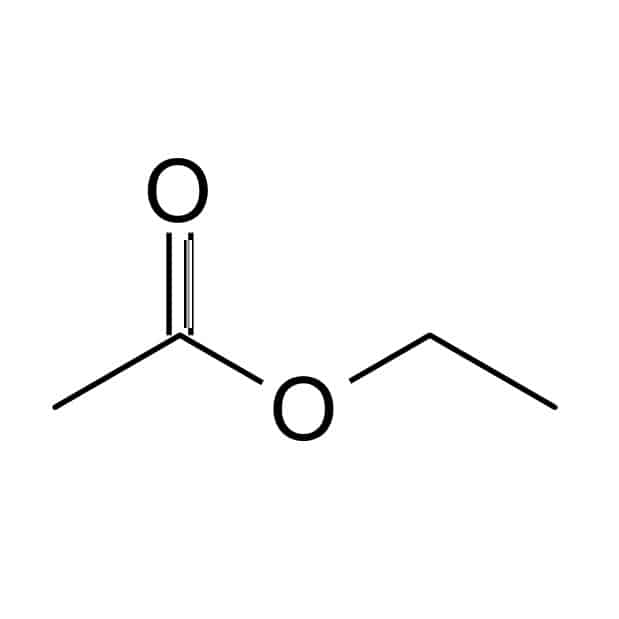
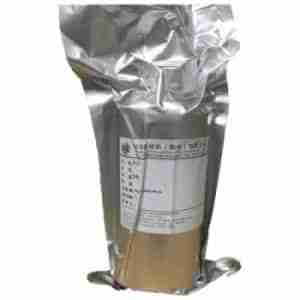
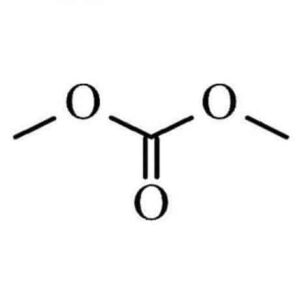
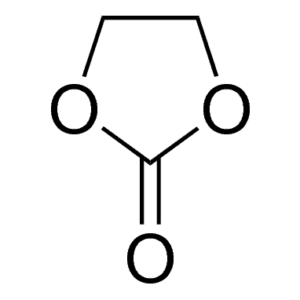
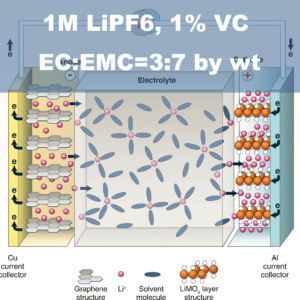
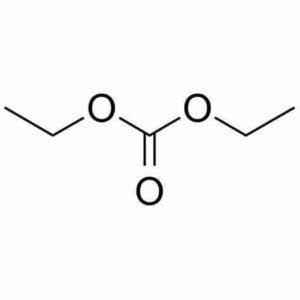
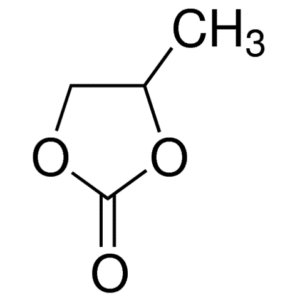
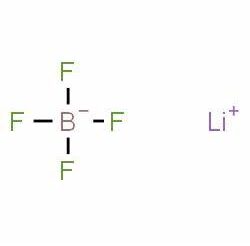
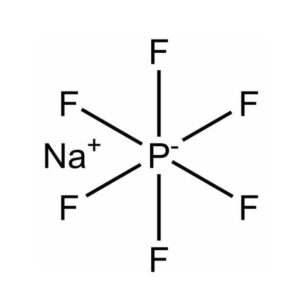
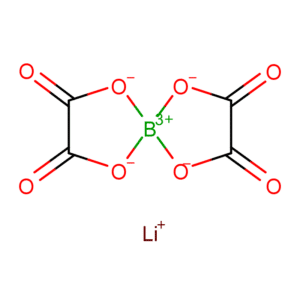
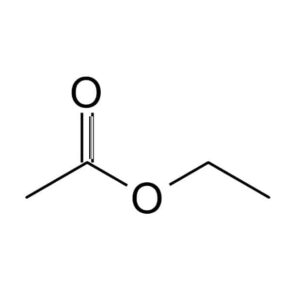
Reviews
There are no reviews yet.